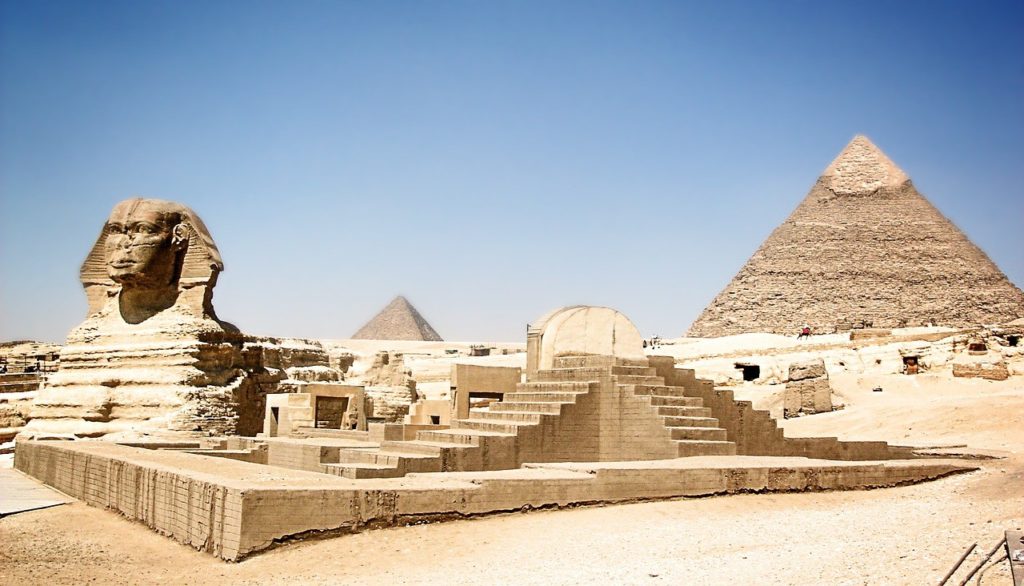CAIRO – It was only a decade ago that the Muslim Brotherhood – recognized by the United States as an Islamic terrorist group – seized control of the Egyptian government. Although Egypt is a Muslim nation, the March 12, 2013 edition of the Egypt Daily News cited the Brotherhood as the enemy of Egypt just as much as it is the enemy of Israel.

Egypt’s economy nearly collapsed, and the streets and public squares were filled with protestors until Mohammed Morsi’s government was overthrown.
His administration was a virtual reign of terror for Christians living in Egypt, with churches being destroyed and believers being tortured and killed.
Since 2016, Christians in Egypt have faced a new enemy. One that is not so persecutory as it is painfully frustrating. The Tahrir Institute for Middle East Policy called the problem “obvious obstinacy.”
Missions Box has reported several times on the difficulties and slow progress of getting Christian churches legalized in Egypt. (See here, here, and here.)
Provisions were made under the 2016 revision of the Egyptian Constitution to ensure the freedom to construct church buildings and to legalize existing church buildings that had not been previously approved.
Objective reporting requires exposing the fact that many, if not most, of the uncertified buildings had been built illegally, without permits, on property not owned by the local church, and even on government land. In other cases, believers were meeting in decrepit and crumbling buildings.
The law did not, and does not, prohibit building churches. It establishes a procedure for gaining legal, government approval for those buildings.
Over 3,700 churches have applied for registration since early 2017. Two-and-one-half years later, although the process of registration continues, fewer than one-third of the applications have been approved. The pace is slow. For instance, only 23 churches were granted certification in September.
At the current rate, it will take another five years to complete the current waiting list.
The problem is not government policy. It is the obvious obstinacy of a system in which the 90 percent Muslim population further marginalizes the 10 percent of the people that self-identify as Christians. The officials responsible for administering the registration process are anti-Christians who are in no hurry to speed up the process.
Making matters worse, registration procedures and building codes for new churches are “subject to greater government scrutiny than that applied to the construction of new mosques.”
So, the believers press on patiently under polite persecution in a country where they must also be on alert for attacks from non-believers despite the laws against such activity.
Pray for the believers in Egypt, the place one source called “the final battleground for Christianity in the Middle East.”
To read more news on Religious Freedom on Missions Box, go here.
Sources:
- The Tahrir Institute for Middle East Policy, The Reality of Church Construction in Egypt
- Coptic Solidarity, Reading into legalization of unlicensed churches
- Barnabas Fund, Slowdown of church legalizations in Egypt continues with only 62 licenses approved




